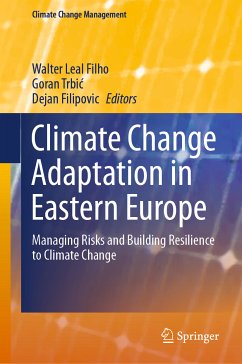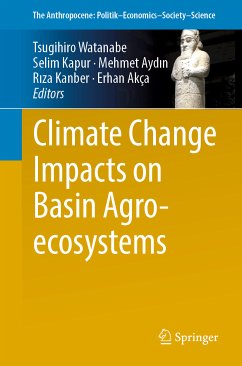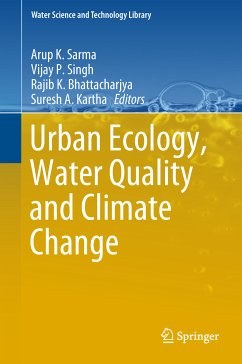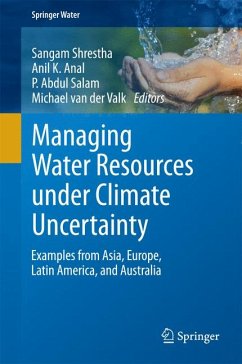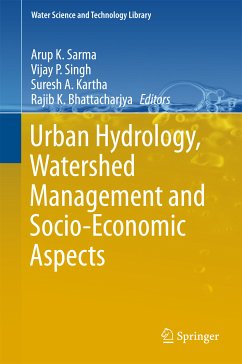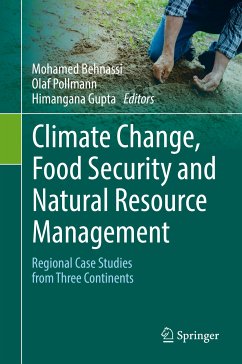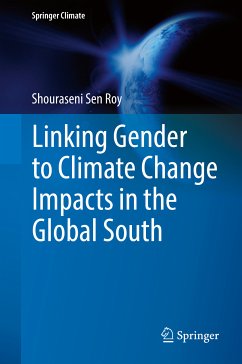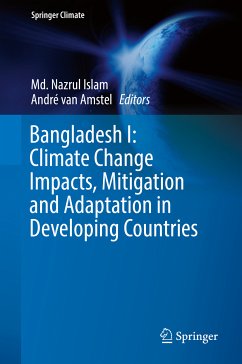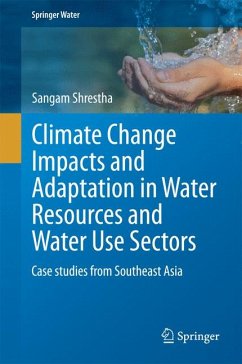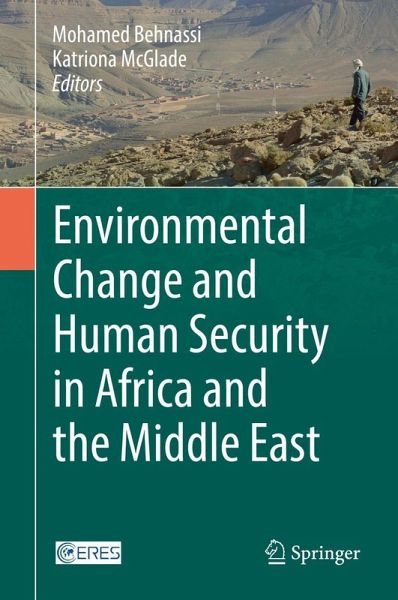
Environmental Change and Human Security in Africa and the Middle East (eBook, PDF)
Versandkostenfrei!
Sofort per Download lieferbar
112,95 €
inkl. MwSt.
Weitere Ausgaben:

PAYBACK Punkte
56 °P sammeln!
This volume brings together insights on the interactions between environmental change and human security in the Middle East and Africa. These regions face particular challenges in relation to environmental degradation, the decline of natural resources and consequent risks to current and future human security. The chapters provide topical analysis from a range of disciplines on the theory, discourse, policy and practice of responding to global environmental change and threats to human security. Case studies from Morocco, Tunisia, Egypt, Turkey, Iraq and Syria provide empirical evidence, with a ...
This volume brings together insights on the interactions between environmental change and human security in the Middle East and Africa. These regions face particular challenges in relation to environmental degradation, the decline of natural resources and consequent risks to current and future human security.
The chapters provide topical analysis from a range of disciplines on the theory, discourse, policy and practice of responding to global environmental change and threats to human security.
Case studies from Morocco, Tunisia, Egypt, Turkey, Iraq and Syria provide empirical evidence, with a focus section dedicated to the critical issue of water resources and water security in the region.
The contributions demonstrate above all that the risks posed to human security arise through multiple and interconnected processes operating across diverse spatial and temporal scales. The complexity of these processes requires new ways of thinking and intervening. As a contribution, the current volume provides engaging insights from theory and practice for those seeking to address the challenges of environmental change.
The chapters provide topical analysis from a range of disciplines on the theory, discourse, policy and practice of responding to global environmental change and threats to human security.
Case studies from Morocco, Tunisia, Egypt, Turkey, Iraq and Syria provide empirical evidence, with a focus section dedicated to the critical issue of water resources and water security in the region.
The contributions demonstrate above all that the risks posed to human security arise through multiple and interconnected processes operating across diverse spatial and temporal scales. The complexity of these processes requires new ways of thinking and intervening. As a contribution, the current volume provides engaging insights from theory and practice for those seeking to address the challenges of environmental change.
Dieser Download kann aus rechtlichen Gründen nur mit Rechnungsadresse in A, B, BG, CY, CZ, D, DK, EW, E, FIN, F, GR, HR, H, IRL, I, LT, L, LR, M, NL, PL, P, R, S, SLO, SK ausgeliefert werden.



